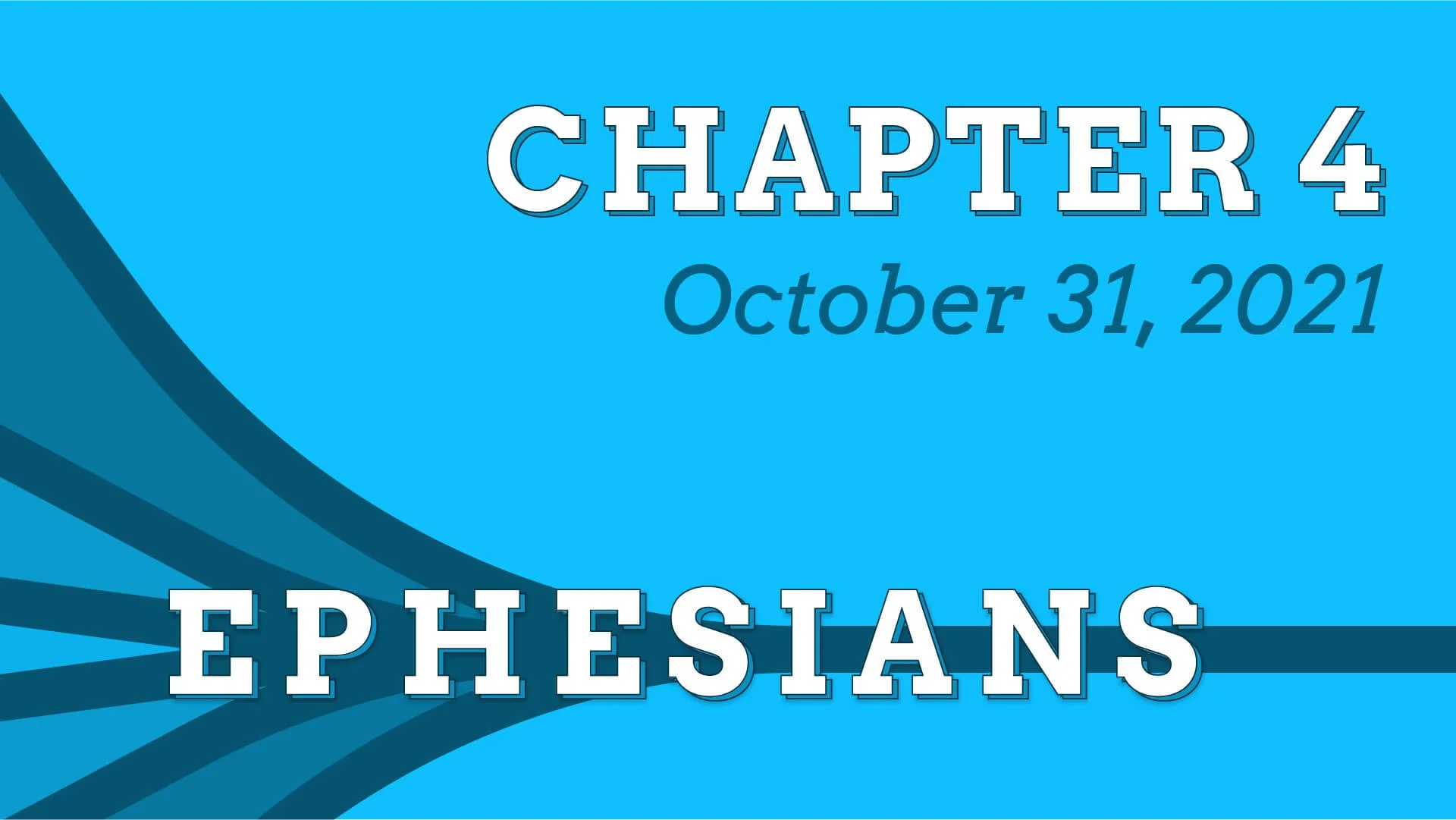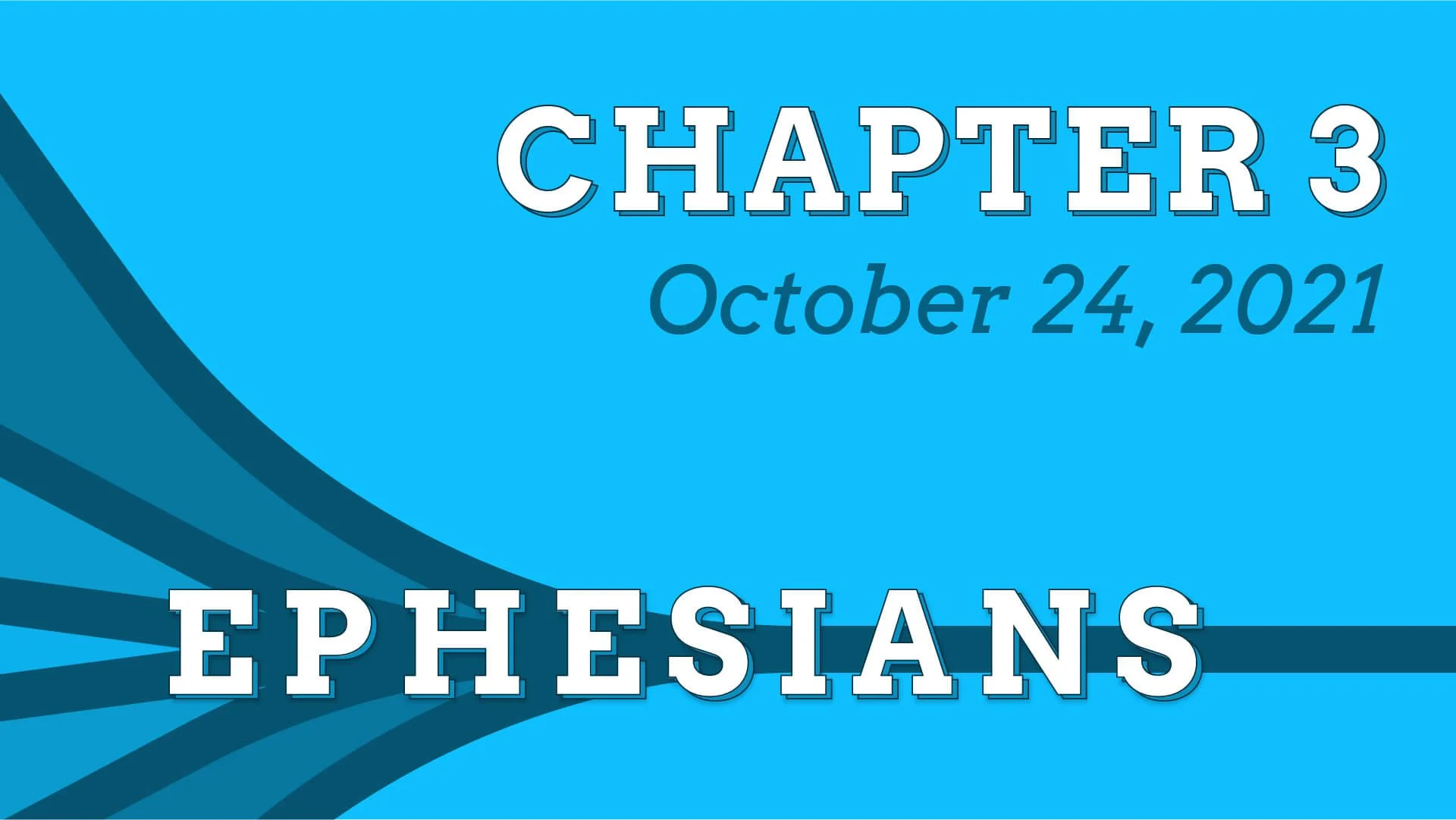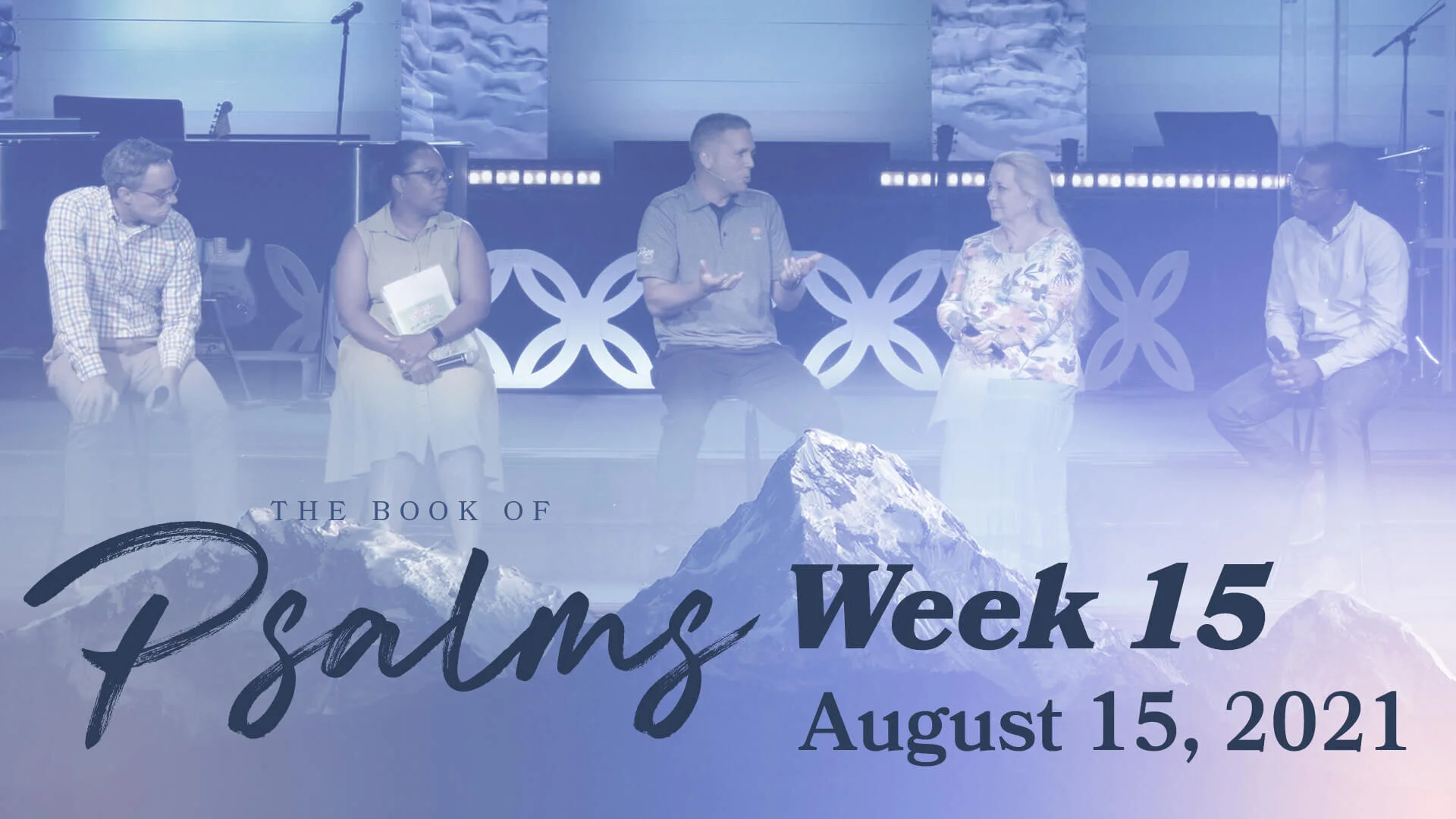The Good News of Christmas is that Christ came to bring hope, joy, love, and peace to all the earth. Adam Barnett, Dave Brown, and Kayla Canfield shared a powerful reading of the Christmas narrative during our Christmas Eve worship.
Read MoreThe word "joy" is mentioned over 200 times in the Bible, but it's only written as "Great Joy" a few. Adam Barnett looks at the story of the shepherds in Luke 2 and reminds us to react to the Good News of Great Joy as they did: sharing what we've heard and seen about Jesus.
Read MoreOne of the overarching themes of the Bible is Love. And the Good News of Christmas is that perfect love arrived embodied in a small baby. In week three of our study, Leanne Benton explores this theme by looking at Paul's letter to the church in Corinth, and reminds us that without love, we have nothing.
Read MoreThe phrase "Peace on earth" is often repeated, especially at Christmas. But just as often, it can be hard to find peace present in our world. In week 2 of our study of the Good News of Christmas, Adam Barnett reminds us that peace is not the absence of conflict, but the result of Presence!
Read MoreThe arrival of Jesus was the long-awaited arrival of hope for the people of Israel and hope for us today. Dave Brown reminds us that this hope is not just for some future thing, it also affects our present and helps shape our view of the past.
Read MoreThe future leaders of everything are the young people of today. So how we love and engage and lead our young people is actively shaping the future of the Church. Wopsle challenges us to take this truth to heart and work to engage with and empower young people.
Read MoreOver the last 6 weeks, we have explored Paul's letter to the church in Ephesus. In Ephesians 6, Paul instructs us to "Put on the full armor of God, so that you can take your stand against the devil's schemes." Adam Barnett concludes our study of Ephesians by exploring the armor of God, and the spiritual battle we face as believers.
Read MoreIn Ephesians 5:21–23, Paul calls husbands, wives, and the church to submit to Christ and to one another. This submission is not intended to be heard as "dominance". But as submission to the headship of Christ. Dave Brown explores this passage and reminds us of our mutual responsibility to one another.
Read MoreIn chapter 4 of Ephesians, Paul writes to the Church from prison and calls us all to unity as believers. Adam Barnett explores this call and reminds us that while disagreements are going to happen, fighting and disunity should not.
Read MoreIn Chapter 3 of Ephesians, Paul shares the powerful truth that through the Gospel, there is no longer a distinction between believers. All are heirs to the promise of Jesus Christ. Through this chapter, he prays that we would all understand the power in God’s love for us. In week 3 of our study of Ephesians, Adam Barnett explores that uncovered mystery of the Gospel and reminds us of Paul’s prayer for all believers.
Read MoreIn Chapter 2 of Ephesians, Paul gives a clear and powerful presentation of the Gospel. We were dead in sin, and Christ made us alive. Dave Brown explores and expands on these two points and challenges us to take hold of our new identity and purpose through Christ.
Read MoreThe book of Ephesians contains numerous themes that we will discover over the next six weeks. Chapter 1 takes a deeper look at how we are called to find our identity in Christ and not the world around us. Adam Barnett opens our series with an introduction to the book, and an exploration of Paul's prayer at the end of the first chapter.
Read MoreDuring the first 3 weeks of our series, we examined 3 specific topics covering the Bible and how we came to have this amazing book. For our series conclusion, Dave Brown tackles 5 more big questions about the Bible…and does it in 5 minutes each.
Read MoreOne of the central themes in 2 Timothy is a warning to watch out for false teachers. But with so many voices and perspectives, how do we know the false from the true? Adam Barnett explores how the Holy Spirit, rigorous study of the Word, and communal discernment work together to define sound Biblical doctrine.
Read MoreThroughout the New Testament, we find numerous references and quotations of the Old Testament text. But in addition to these overt references, there also exist more subtle ways that the Old Testament influenced the New. In week 2 of our series studying the Bible, Dave Brown explores this usage and expands on how we find the old in the new.
Read MoreThe Bible is not merely a book full of stories, it’s the Word of God. But why is it authoritative? Adam Barnett opens our study of the Bible and how we can trust its authenticity.
Read MoreWhen Jesus compares the kingdom of God to the mustard seed in Mark 4, he's not encouraging us to take hope in small beginnings. Rather the comparison is inviting us to be challenged to have "eyes that see and ears that hear." In a special message, Daniel Bunn reminds us of this challenge to put on the lenses of the kingdom and recognize true beauty.
Read MoreAs followers of Jesus, we are called to grow in our discipleship and to make disciples. But what does discipleship really mean? For the second part of our Steps study, Dave Brown and Wopsle help to answer that question and also explore what discipleship looks like at Redeemer.
Read MoreVision and mission are defining characteristics of our church and of our lives. In week 1 of our Steps series, Adam Barnett explores what vision and mission really mean and what they can accomplish. Then he challenges us to step into the vision and mission of Redeemer.
Read MoreThe book of Psalms concludes with a song dedicated to simply praising our God. Psalm 150 describes locations, reasons, and methods for praising and shows us that we should prioritize worship in our lives. Adam Barnett closes our series by sharing a bit about Psalm 150 and then speaks with several members of Redeemer about how they prioritize and experience worship amidst the busyness of life.
Read More



















